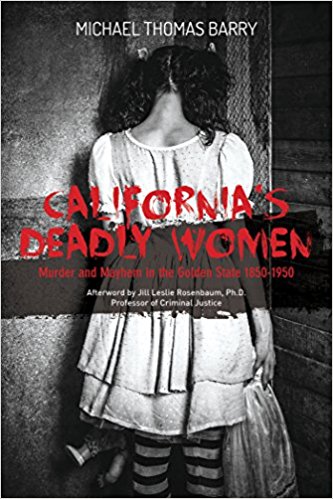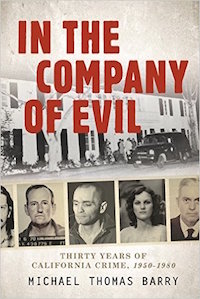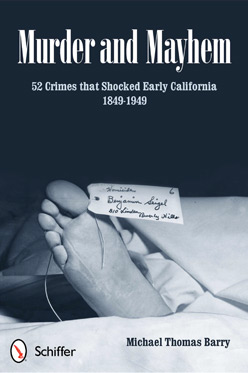06.27
This week (June 27-July 3) in crime history – Mormon leader Joseph Smith was murdered by angry mob (June 27, 1844); Archduke Franz Ferdinand was assassinated (June 28, 1914); US Supreme Court struck down the death penalty (June 29, 1972); NBA star Kobe Bryant was accused of rape in Colorado (July 1, 2003); President James A. Garfield was shot (July 2, 1881)
Highlighted crime story of the week –

On June 29, 1972, the U.S. Supreme Court ruled by a vote of 5-4 vote in the Furman v. Georgia case, that capital punishment, as it is currently employed on the state and federal level, is unconstitutional. The majority held that, in violation of the Eighth Amendment to the Constitution, the death penalty qualified as “cruel and unusual punishment,” primarily because states employed execution in “arbitrary and capricious ways,” especially in regard to race. It was the first time that the nation’s highest court had ruled against capital punishment. However, because the Supreme Court suggested new legislation that could make death sentences constitutional again, such as the development of standardized guidelines for juries that decide sentences, it was not an outright victory for opponents of the death penalty.
In 1976, with 66 percent of Americans still supporting capital punishment, the Supreme Court acknowledged progress made in jury guidelines and reinstated the death penalty under a “model of guided discretion.” In 1977, Gary Gilmore, a career criminal who had murdered an elderly couple because they would not lend him their car, was the first person to be executed since the end of the ban. Defiantly facing a firing squad in Utah, Gilmore’s last words to his executioners before they shot him through the heart were, “Let’s do it.”
Check back every Monday for a new installment of “This Week in Crime History.”
Michael Thomas Barry is a columnist for www.crimemagazine.com and is the author of seven nonfiction books that includes In the Company of Evil Thirty Years of California Crime 1950-1980.











